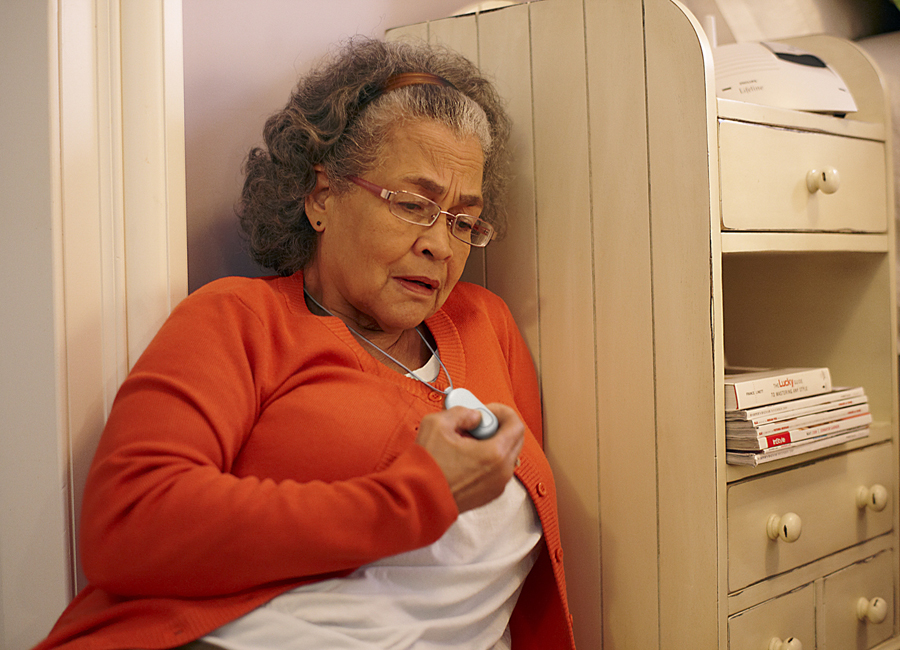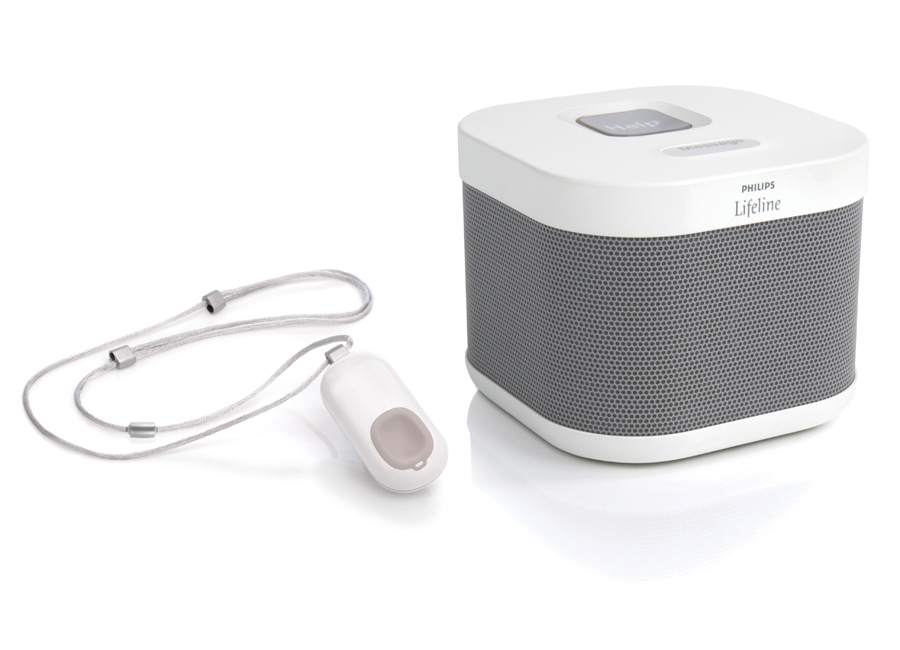What is a Medical Alert Device?

Medical alert devices are growing in popularity throughout Canada and the United States as more and more seniors and caregivers discover how simple but effective they are. However, some people are still unsure about what they are, how they work and how they can save your life or protect your health in an emergency. This article will answer your questions.
Medical alert devices, otherwise known as personal emergency response systems (PERS), are designed for seniors and people with chronic medical conditions. They provide a quick, easy way to get 24/7 help if you fall or have a medical emergency that would otherwise leave you alone and helpless. Millions of people are now relying on a medical alert device to give them peace of mind and protect their quality of life.
Falls are a particular risk among people aged 65 and over. One in three seniors falls each year, and 50% fall more than once. The results of these falls can be serious: According to Statistics Canada, falls are the leading cause of seniors’ injuries, hospital admissions for trauma and injury-related deaths.
A medical alert service consists of three components.
The first is a “help button” in the form of a pendant or wristband. Help buttons come in many shapes and sizes from different providers. Some are more attractive and easy to wear than others, such as those offered by Lifeline. These buttons are typically designed to work within the home but mobile devices are also available.
The second component of a medical alert device is a small box-shaped “communicator” that sits on a table or shelf in the home. When the help button is pushed, the communicator picks up the signal and sends it to a monitoring centre where an operator will speak with you through a sensitive built-in microphone and get you the help you need.
The third and final component of a medical alert device is the response/monitoring centre that answers your help calls. In many ways, the response centre is the most important component of all. Response centre operators should be familiar with seniors’ needs and know how to deal with health emergencies. Ideally, the provider will specialize in help calls from seniors and people with medical conditions, but some use a third party call centre that also answers burglar alarms or service calls for other companies. The best suppliers have their own response centre to ensure quality control. For example, Lifeline specializes in meeting the needs of the elderly and people with chronic health conditions. All help calls are answered in Canada at its two Response Centres and staff members receive 240 hours of training with annual recertification.
How a medical alert service works
What to look for in a medical alert device
Automatic fall detection: Some providers offer help buttons that are designed to detect a fall and automatically call the response centre for help, even if you can’t push your button. It is important to make sure the provider’s fall detection capability is accurate so that actions such as bending over or sitting down do not trigger a help call.
Mobile service: For seniors who are active outside the home, mobile medical alert devices are available that extend the same help button and automatic fall detection capabilities outside the home. Mobile devices are only available as pendants and do not require a communicator base unit. Mobile help calls are transmitted using a cellular signal that also allows two-way voice communication. Most mobile devices use only GPS to locate the person wearing it, but Lifeline has five additional locating technologies to ensure the person can be found.
Response centre: The quality of your provider’s response centre is extremely important. These are the people you will be relying on in an emergency. How much and what kind of training do their operators receive? Do they understand the needs of seniors? Can they speak your language? Will they be able to continue protecting you in case of a power outage? Make sure you can trust the quality of their system.
Experience: In an emergency, experience matters. Find out how long your provider has been in business. The more experience they have, the greater their expertise in getting you the right help at the right time, quickly and efficiently.
A final word
Making a wise decision about the medical alert service you choose will give you and your family peace of mind and incredible confidence as you go about your daily activities. It will help you to maintain your independence and could even save your life. Hopefully, this article has helped you to make the decision that is right for you.
Learn more at lifeline.ca.
CARP members get 20% OFF the monthly service fee*
*Offer available at locally participating programs and valid for new activations only. Not to be combined with any other offer. Some restrictions apply.



